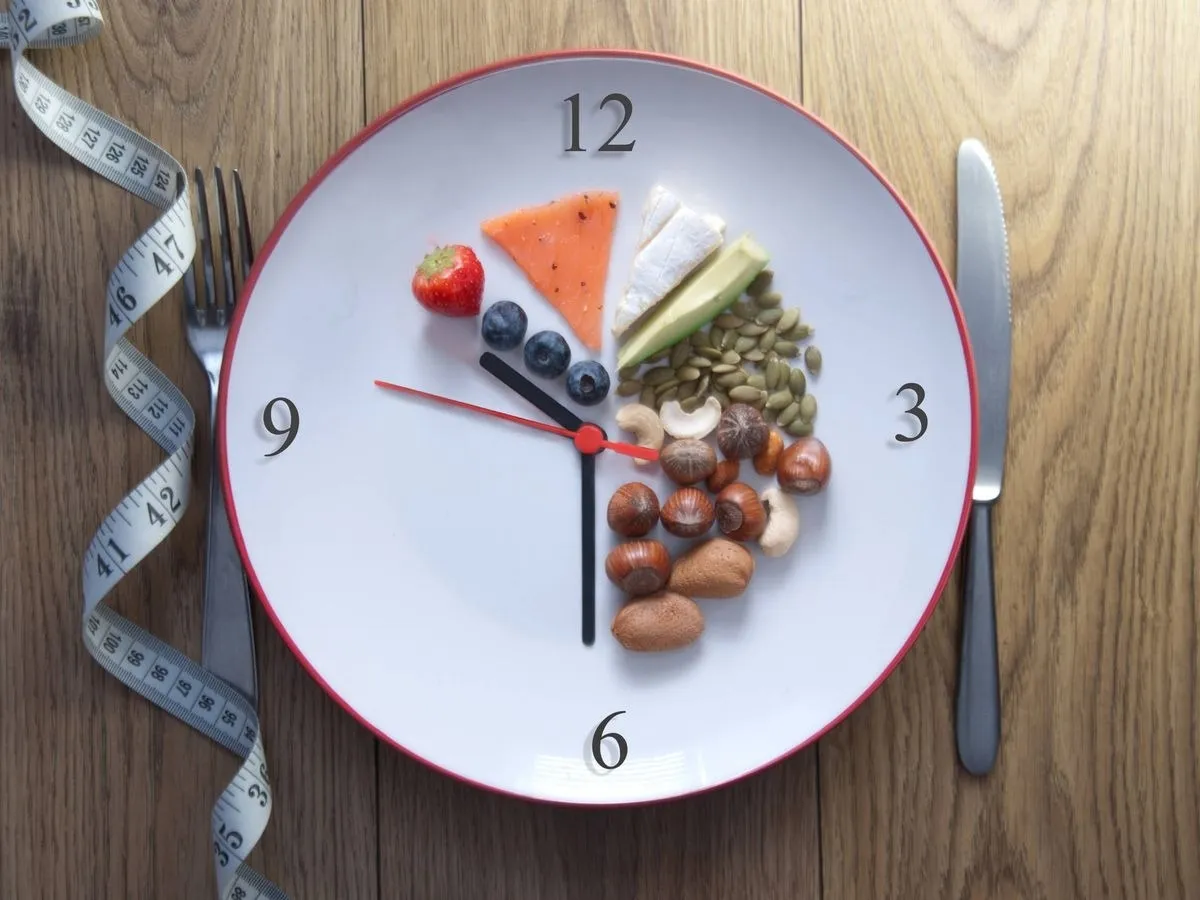Time -restricted food, also known as intermittent fasting, can help people with type 2 diabetes lose weight and control their blood sugar levels, according to a new study published in the magazine 'Jama Network Open' by researchersfrom the University of Illinois Chicago (United States).
The participants who only ate during an eight -hour window between noon and 8 in the afternoon every day lost more weight in six months than the participants who were instructed to reduce their calorie intake by 25%.Both groups recorded similar reductions in long -term blood sugar levels, measured by a A1C hemoglobin test, which shows blood sugar levels during the last three months.
The study was carried out at the IIC and included 75 participants in three groups: those who followed the food restriction standards, which reduced the calories and a control group.Over six months the weight, the perimeter of the waist, the blood sugar levels and other health indicators of the participants were measured.
The main author, Krista Varady, says that the participants of the time restriction group were easier to follow the regime than those of the caloric reduction group.Researchers believe that this is partly due to the fact that doctors ofshe.And although the participants of the time restriction group were not told to reduce their calorie intake, they ended up doing it when eating within a fixed margin.
"Our study demonstrates that the hourly restriction can be an effective alternative to the traditional diet for those who cannot follow it or are exhausted, 'says Varady, a professor of kinesiology and nutrition-for many people try to lose weight, count the time iseasier than counting calories. "
During the six months of the study, no serious adverse effects were recorded.The cases of hypoglycemia (low blood sugar level) and hyperglycemia (high blood sugar level) did not differ between diet groups and control groups.
Some more than half of the participants in the study were black and another 40% Hispanics.This is important, since diabetes is particularly prevalent among these groups, so having studies that document the success of restricted food in these groups is particularly useful, the researchers point out.
The study was small and should be followed by more broad ones, Varady says, who is also a member of the Oncological Center of the University of Illinois.Although it is a proof of concept that demonstrates that the hourly restriction is safe for type 2 diabetics, Varady points out that people with diabetes should consult their doctors before starting this type of diet.


